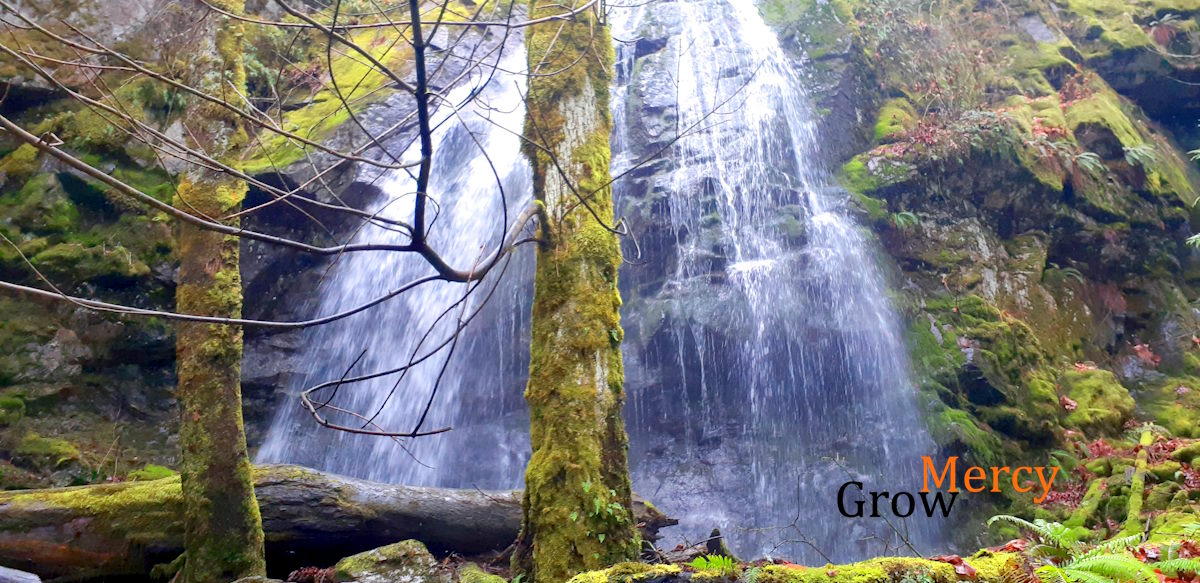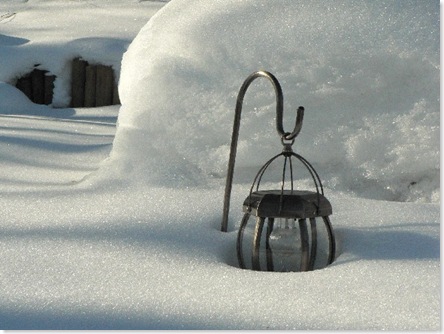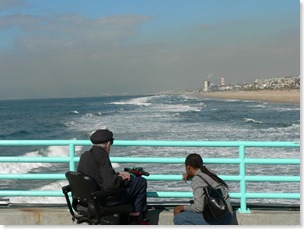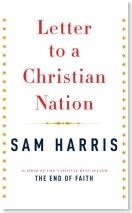A few years ago on the morning of an Ash Wednesday I came out of Hope Mission’s shelter for men and saw a man urinating on the sidewalk beside one of the concrete garbage containers. Relieved that his back was to me I walked by, keeping my eyes on the corner ahead which would take me back to my office just a block away.
I was a few paces past him, pretty sure he hadn’t noticed me, pretty sure he wouldn’t care even if he had, when I heard my name. “Steve”, the voice called, “Steve, don’t be ashamed of me, wait.” I stopped and turned around. Tom came lurching toward me, one hand holding up his pants the other hand pulling on his zipper. The smell of Listerine reached me before he did. He was drunk from it. His face was wet from watering eyes, a running nose and drool. His shoes and pants were splashed and wet with urine.
“Steve, I’m going crazy, I can’t stop, I can’t help it.” He poured himself out in front of me. “Steve, you know me, I’m your my friend.” I’ve known you for a long time, you’re one of my only friends.” These are the words he said, but they came out slurred and sideways.
I’ve known Tom from the first days I came to work in the inner city. I’ve learned of his wounded background. The last time I had seen him, a month or so before this, he was sober. We had a conversation beside my car. I was leaving work and he waved me down as I crossed the street. I took my glove off and offered my hand. Tom said he didn’t want to shake my hand because he just finished crapping in the alley and hadn’t found much paper. I told him how thankful I was for his consideration. We both laughed.
He then told me he was doing okay, that he was thinking about getting away from downtown. This is something he always says. He knows I’ll say that it’s a good idea, and I think he hopes by saying it, it will help him do it and keep him sober longer, and at times, I think it does. When he’s sober, which usually lasts a couple weeks or even a couple months, he sometimes stays away from the inner city but usually he stays at the Mission. He can be a good guest, polite, helpful, responsive. Then gradually he finds the days too long and the burden of carrying the weight of his own success too much to bear. Often the slide starts by his pointing out the failures of other guys on the street. He becomes independently righteous and scornful of other addicts. When this happens it’s only a matter of days until he finds something to ingest; and then he becomes the thing he just scorned.
Today Tom was in front of me weaving back and forth, repeating how he was going crazy and hitting his head with the heel of his hand. As he was carrying on a young man in his twenties came towards us from across the street. He was loaded down with a large back pack and had work boots tied by the laces to one side of the pack and a heavy parka lashed to the other side. He must have heard Tom and he called out when he was half way across the street, “Tell me about it man. I know what you’re saying.” When he got close the young man smelled Tom and said, “C’mon partner your drinking shit, things can’t be that bad.”
Tom looked blank and pointed to the half finished cigarette in the young man’s hand. The man gave it to him, saying, “Here you go friend.”
In the mean time I was planning my exit, thankful for this diversion. But just when I was about to go the young man turns to me and says, “Just tell me one thing…that things are going to be alright.” I blink and then I say, “Things are going to be alright,” and then I add something I’ve heard myself say too many times to too many street guys: “Where there’s breath, there’s hope.” The young man nodded and said, “That’s right,” and walked on.
I looked at Tom beside me, he was breathing, but I didn’t see much hope. I walked him back to a bench at the front of the shelter.
Two hours later the bishop at St. Joe’s marked a cross on my forehead with ashes and said, “You are dust, and to dust you shall return.
It was appropriate enough. I felt as powerless as dust. But perhaps that’s the point of Ash Wednesday and the lesson of Lent. While I believe with my heart that where there is life there is hope, too often it’s been my security systems, my insurance policies, my protective barriers, that have supported and sustained this faith. A healthy understanding of dependence doesn’t come easy–for Tom, caught in the extremes–or for any of us. But to recall that we are all marked with ash, ultimately dependent on the giver of breath, is also to recall the mystery of hope and life and salvation.



